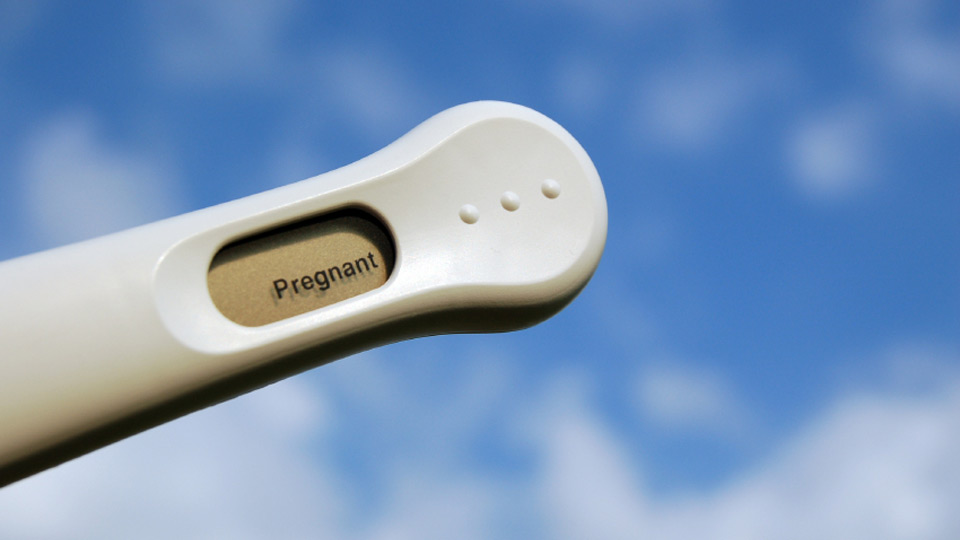Mam: Pregnant 5 weeks (Baby 3 week)
A few uncomfortable symptoms may begin around Week 5, like ‘morning sickness’ (feeling nauseous), fatigue, and extra trips to the bathroom.

Your body assumes you’ll be breastfeeding soon, and hormones begin to react. Normal fat tissue will be replaced with milk throughout the pregnancy. Tingling and soreness are common as your body begins to prepare mum to feed her new baby in a few months! [1]
A few uncomfortable symptoms may begin around Week 5, like ‘morning sickness’ (feeling nauseous), fatigue, and extra trips to the bathroom. This is all normal and you are not coming down with something! Nonetheless, this is the right time to schedule a visit to your obstetrician, in order to begin early pre-natal care and remain healthy.[2]
The doctor will do the following tests during pregnancy:
The pregnancy test: This confirms the pregnancy by testing the level of hormones in your urine.
Blood tests: Taken at your first appointment to check for anaemia. You may need iron tablets if you are low on iron. You will also be tested for STIs, immunity to rubella and an HIV test.
Urine tests: Urine tests for glucose and protein are usual at every appointment, to screen out gestational diabetes, amongst other conditions.
Blood pressure: Your blood pressure will be taken at every check-up, in particular to test for pre-eclampsia, a treatable form of high blood pressure that affects 10 per cent of first pregnancies; if it is high or low, your doctor will monitor your health carefully.
Ultrasound: An ultrasound scan will allow you to see your baby, and give your doctor a chance to detect foetal age, position, expected date of delivery, as well as possible problems.
Foetal heartbeat: Once the heart starts beating, your baby's heartbeat will be monitored by placing a doppler against your abdomen, to ensure the baby is alive and the heartbeat is normal.[3]
Gallery









